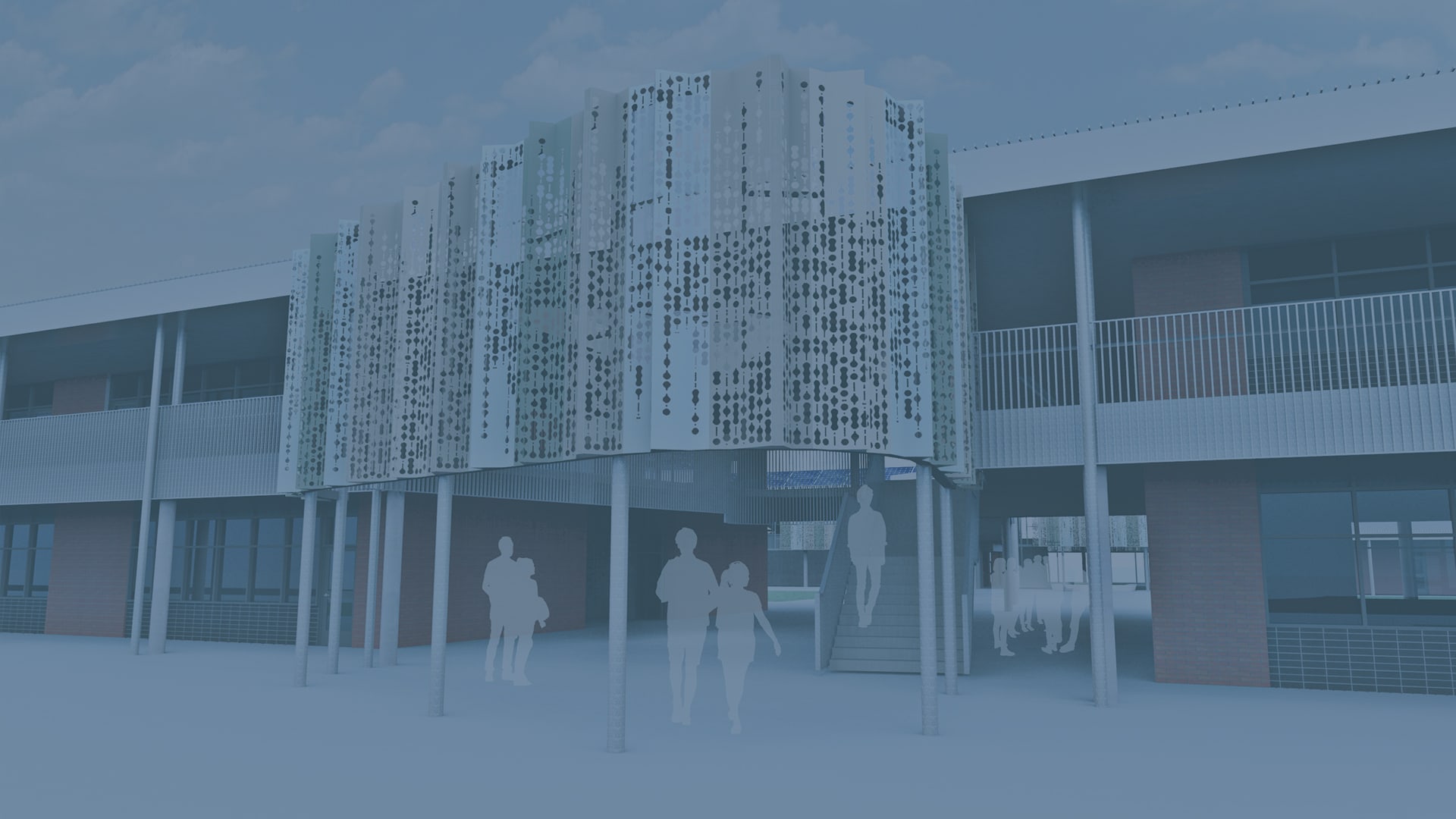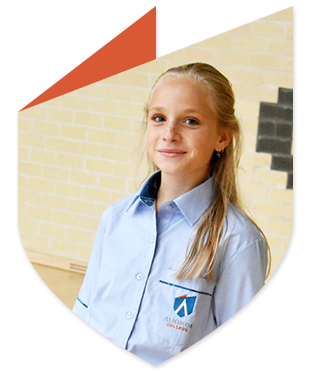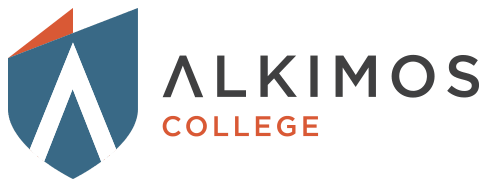
Technologies
Alkimos College
Technologies enrich and impact on the lives of people and societies globally. Society needs enterprising students who can make discerning decisions about the development and use of technologies, develop solutions to complex challenges and contribute to sustainable patterns of living. Technologies can play an important role in transforming, restoring and sustaining societies and natural, managed and constructed environments.
The Western Australian Curriculum: Technologies describes two distinct but related subjects:
- Design and Technologies, in which students use design thinking and technologies to generate and produce solutions for authentic needs and opportunities
- Digital Technologies, in which students use computational thinking and information systems to define, design and implement solutions.
In an increasingly technological and complex world, it is important to develop knowledge and skills to analyse and creatively respond to design and/or digital challenges.
Through the practical application of technologies including digital technologies, students develop dexterity and coordination through experiential activities. Technologies motivates young people and engages them in a range of learning experiences that are transferable to family and home, constructive leisure activities, community contribution and the world of work.
Technologies provides students with authentic learning challenges that foster curiosity, confidence, persistence, innovation, creativity, respect and cooperation. These attributes are necessary when using and developing solutions to make sense of complex ideas and relationships in all areas of learning. Technologies helps students to be regional and global citizens, capable of actively and ethically communicating and collaborating.
Aims
The Western Australian Curriculum: Technologies aims to develop the knowledge, understandings and skills to ensure that, individually and collaboratively, students:
- investigate, design, plan, manage, create and evaluate solutions
- are creative, innovative and enterprising when using traditional, contemporary and emerging technologies, and understand how technologies have developed over time
- make informed and ethical decisions about the role, impact and use of technologies in the economy, environment and society for a sustainable future
- engage confidently with and responsibly select and manipulate appropriate technologies − materials, data, systems, components, tools and equipment − when designing and creating solutions
- critique, analyse and evaluate problems, needs or opportunities to identify and create solutions.
Content Structure
The Western Australian Curriculum: Technologies learning area comprises two subjects:
- Design and Technologies
- Digital Technologies
The Technologies curriculum is written on the basis that all students will study both Technologies subjects from Pre-primary to the end of Year 8. Within Design and Technologies (Engineering principles and systems; Food and fibre production; Food specialisations; Materials and technologies specialisations), students have the opportunity to study at least one of the contexts.
At Alkimos College our students work together to foster creativity and innovation to create empowered individuals. We provide a safe and inclusive environment where ‘hands on’ and ‘minds on’ learning experiences are embedded in everyday college life. Our staff and students strive for excellence and grow with our community to cultivate a culture of high quality teaching and learning.
Year 7 Syllabus
Learning in Design and Technologies builds on concepts, skills and processes developed in earlier years, and teachers will revisit, strengthen and extend these as needed.
In Year 7, students have opportunities to learn about technologies in society at least once in the following technologies contexts: engineering principles and systems; Food and fibre production; Food specialisations; and materials and technologies specialisations. Students are provided with opportunities to design and produce products, services and environments.
Students have opportunities to select from a range of technologies, materials, components, tools and equipment. They consider the ways characteristics and properties of technologies can be combined to design and produce sustainable solutions. They develop strategies which enable them to consider society and ethics; social, ethical and sustainability factors. Students’ use of creativity, innovation and enterprise skills is encouraged to increase independence and collaboration.
Students are given opportunities to respond to feedback from others and evaluate their design processes and solutions. They investigate design and technology solutions and the implications for each on society, locally, regionally and globally. Students develop their techniques for evaluating the advantages and disadvantages of design ideas.
Students have opportunities to engage with a range of technologies, including a variety of graphical representation techniques to communicate ideas. Students generate and clarify ideas through sketching, modelling and perspective drawings.
Students identify the increasingly complex sequences and steps involved in design tasks. They develop plans to manage design tasks, including safe and responsible use of materials and tools to successfully complete design tasks.
In Year 7, learning in Digital Technologies focuses on further developing understanding and skills in computational thinking, such as decomposing problems and engaging students with a wider range of information systems as they broaden their experiences and involvement in national, regional and global activities.
Students have opportunities to create a range of solutions, such as interactive web applications or simulations.
Students explore the properties of networked systems. They acquire data from a range of digital systems. Students use data to model objects and events. They further develop their understanding of the vital role that data plays in their lives.
Students are provided with further opportunities to develop abstractions, identifying common elements, while decomposing apparently different problems and systems to define requirements; and recognise that abstractions hide irrelevant details for particular purposes. When defining problems, students identify the key elements of the problems and the factors and constraints at play. They design increasingly complex algorithms that allow data to be manipulated automatically.
Students predict and evaluate their developed and existing solutions, considering time, tasks, data and the safe and sustainable use of information systems.
Students plan and manage individual and team projects with some autonomy. They consider ways of managing the exchange of ideas, tasks and files and feedback. When communicating and collaborating online, students develop an understanding of different social contexts; for example, acknowledging cultural practices and meeting legal obligations.

